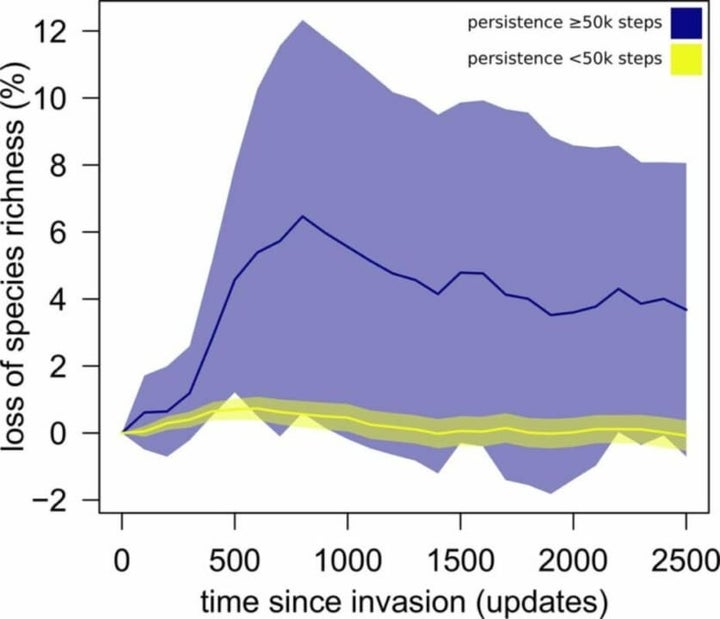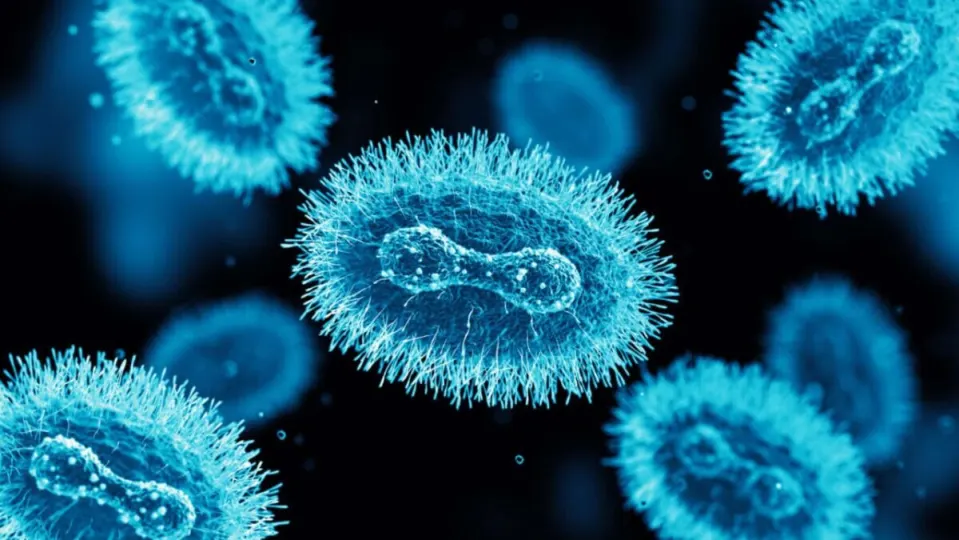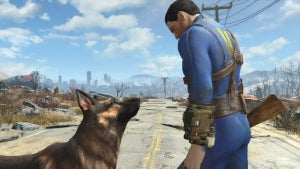Imagine this: an ancient virus awakens after thousands of years and triggers a global pandemic. Sounds like a Hollywood movie, doesn’t it? But what if we told you that this is more than fiction; it’s a real possibility that we could be exposed to due to climate change?
A new study published in the journal PLOS Computational Biology raises alarms about the ecological and health risks of “time-traveling” pathogens that could be released due to the thawing of permafrost, a layer of frozen soil found in polar and mountainous regions of the planet.
The uniqueness of this frozen layer is that it perfectly preserves the organic remains of animals and plants that inhabited the Earth long ago, as well as microorganisms that have been inactive for thousands or even millions of years. However, rising temperatures are causing the permafrost to melt and release these dormant microorganisms.
In order to assess the threats we could potentially face, an international team of researchers conducted a computer simulation where they introduced virtual viruses from the past into present-day bacterial communities.

The results are quite surprising: 3% of the ancient viruses managed to survive and evolve in the modern environment, and some of them even caused significant changes in bacterial diversity.
Specifically, 1% of the ancient viruses had unpredictable effects: some increased bacterial diversity by up to 12%, while others decreased it by up to 32%. These invading viruses not only adapted to the current conditions but also disrupted the ecological balance.
While this is a simulation, the authors of the study warn that these scenarios could occur in reality with actual pathogens. The researchers acknowledge that it’s difficult to estimate the risk of an ancient pathogen causing a serious or contagious disease in humans, but they do not rule it out.
Some of the links added in the article are part of affiliate campaigns and may represent benefits for Softonic.


